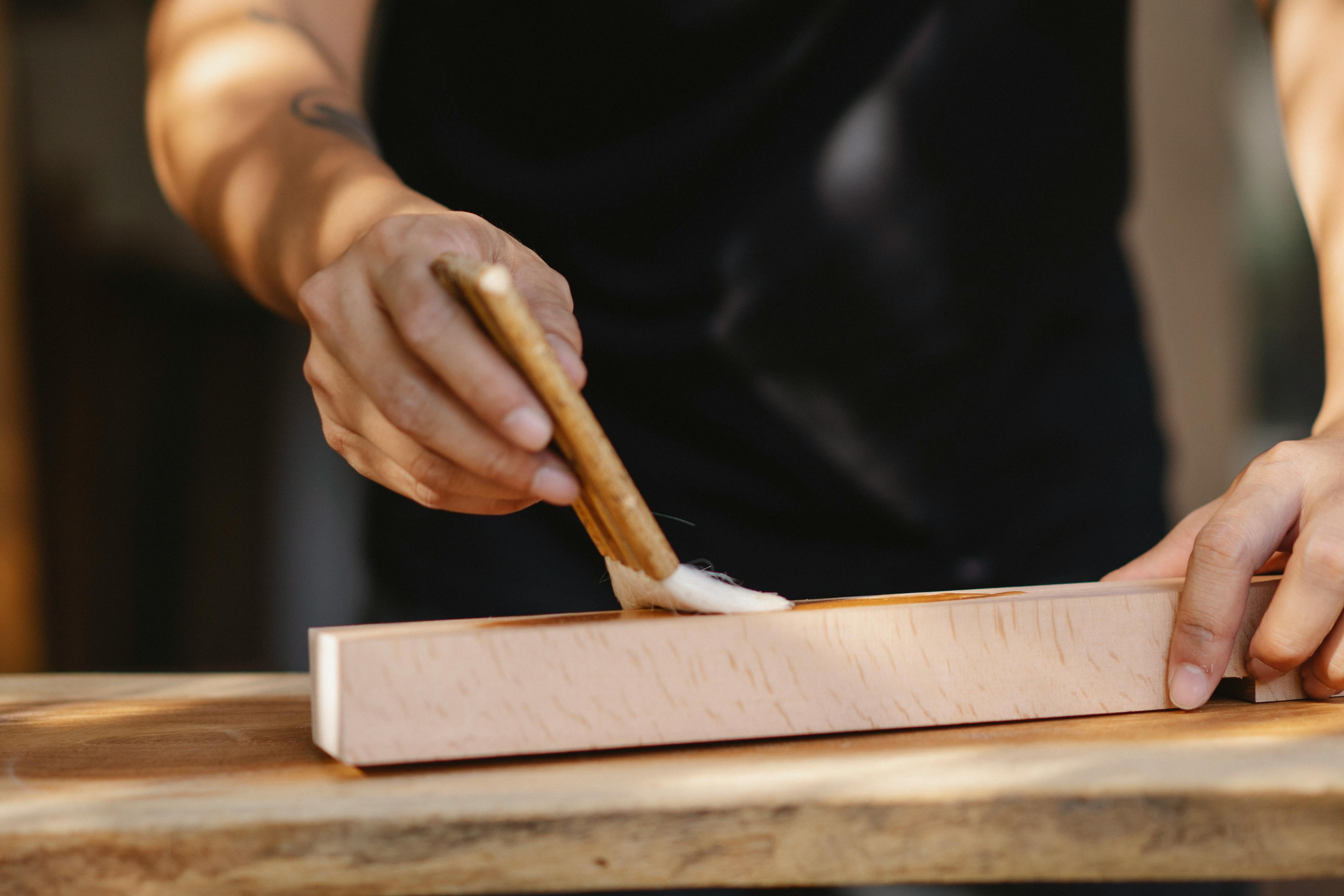It’s an important question when it comes to home improvement.
Any property owner planning a project needs to determine whether or not a permit is necessary before proceeding with any work. Home improvement projects that involve structural work and extensive electrical or plumbing work require a permit. This applies to both DIY projects and any work that is subcontracted to a general or commercial contractor.
A building permit is a document (a legal piece of paper) stating that approval has been given from the local building department to proceed with construction or demolition. This document has a number. The number is registered with the local building department. The document must be posted in a conspicuous place at the work site. It is illegal to begin construction or demolition before a permit has been issued.
A permit is required for demolition and new construction. It is also required for any expansion or renovation of an existing building. In some cities and towns, a permit is even required for new fences, decks, new fireplaces, and wood-burning appliances.
A homeowner who plans to do their own construction work can personally apply for any permit. Whether an interior designer, architect, or general contractor is hired to perform the work; they can apply for the permit on behalf of the owner.
A permit is applied for at the local building department. Local refers to the city, town, or municipality in which the work will take place. A standard form is filled out and submitted.
A drawing must also be submitted for simple projects or construction plans for more complex projects. There is a fee for each request.
The local building department reviews the application form and drawings. They make sure all building code standards are met before issuing any permits. This procedure is in place for the health and safety of the owner and the community. Construction methods must comply with structural safety codes, as well as to avoid fire hazards.
Sometimes a permit for very simple projects can be issued on the same day. The most complex projects can take weeks or months. This all depends on how busy the local building department is. Always check with your local building department for information on filings, fees, and the time required for a permit to be issued.
Once the permit is obtained, construction work can begin. The local building inspector will visit and inspect the work. He/she verifies that the work meets building code standards and approved plans.
The building inspector has the authority to stop work on any job. This happens when a workplace is determined to be unsafe or when a permit cannot be viewed or issued. He/she has the authority to have some or all of the completed work removed. This occurs when construction does not meet code standards or is not visible for inspection. For example, electrical or plumbing work must be inspected before being locked up.
It is important to note that the property owner is responsible for ensuring that permits are obtained for all work that requires a permit, whether it is a DIY project or a contracted project.
Always check with your local building department before proceeding with any home improvement project. They provide guidance in determining whether or not a permit is necessary.
